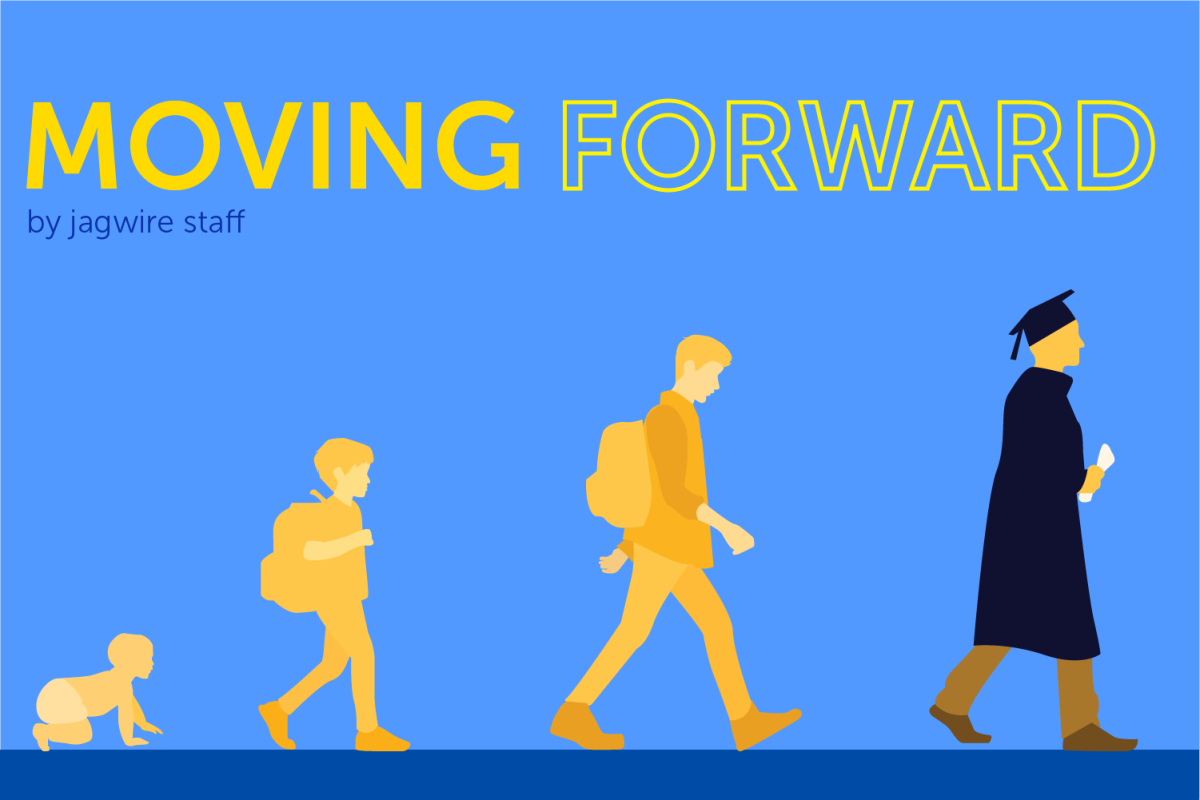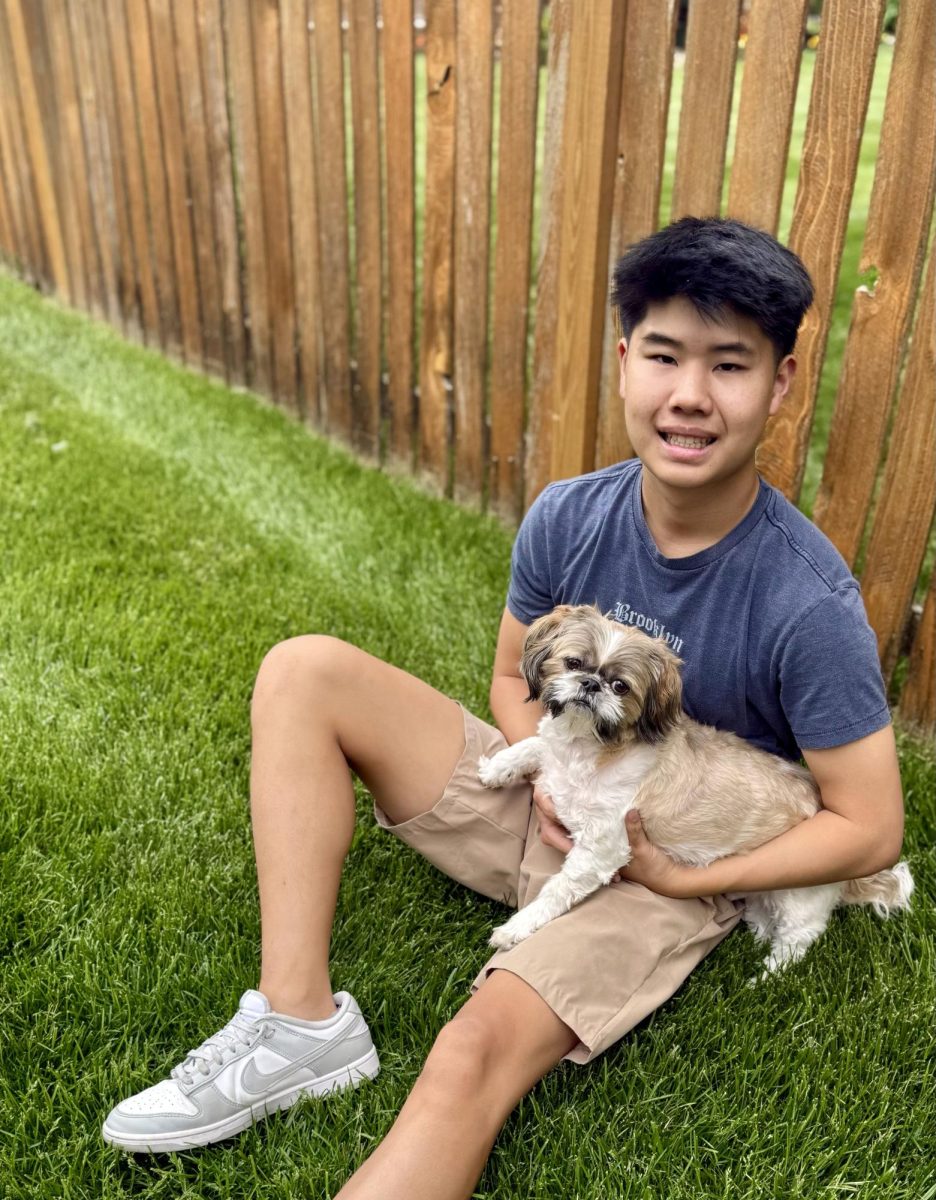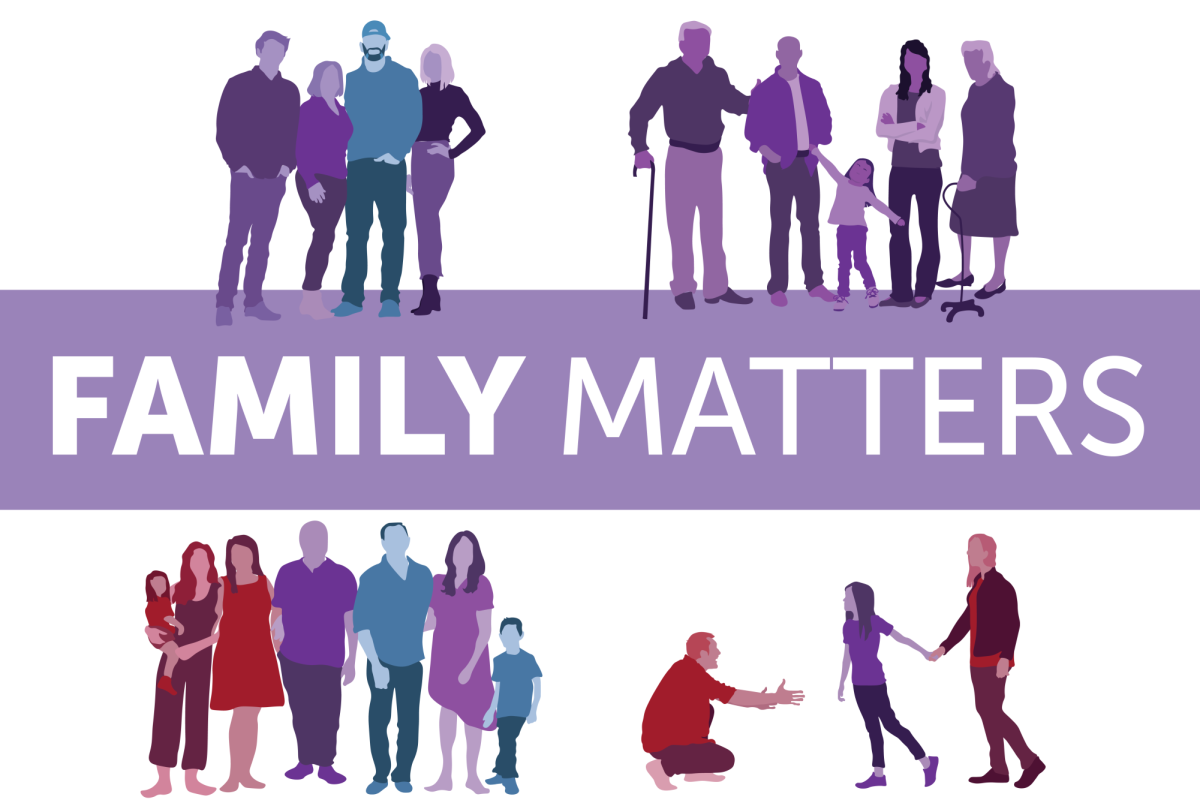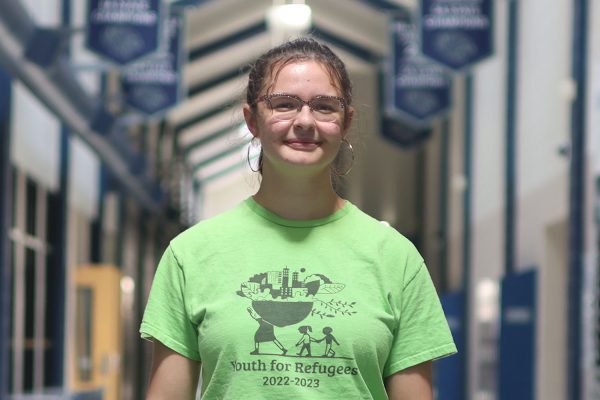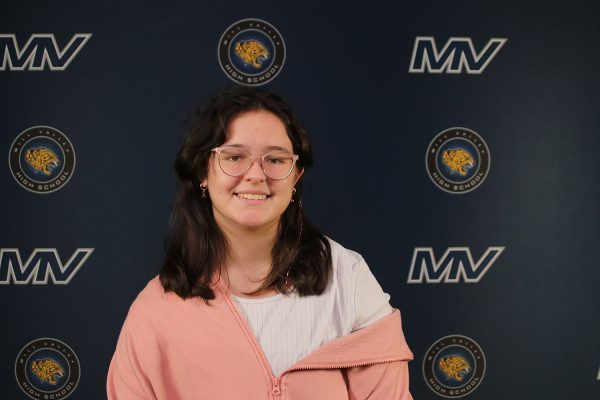The horrors that are occurring in Gaza in the recent Israel-Hamas war are not something that we are powerless to stop. Understanding the conflict and what we can do about it are critical as more and more lives are lost. Knowing how we can help will also make it possible for us to take action when other crises happen in the future.
The first step is knowing what is going on in Gaza. According to Gaza’s Health Ministry, over 30,000 Palestinians have been killed and over 70,000 have been wounded since the war began in October. The United Nations (U.N.) states that a quarter of the 2.3 million Palestinians living in Gaza face starvation and around 80% have fled their homes.
Conflict between Israel and Palestine is long and bloody. Israel proclaimed statehood in 1948, following a dramatic rise in the Jewish population in Palestine due to increasing popularity of Zionism and Jewish people fleeing Nazism in Europe. In the process, about 750,000 Palestinians were forced from their homelands.
Since the Six-Day War of 1967, the majority of Palestinians have been under Israeli occupation or control. In 2007, when Hamas came to power, Israel imposed a partial blockade on Gaza, controlling food, water and fuel to Gaza. This has caused significant damage to quality of life in the area. Since then, Israel has also launched five military assaults on Gaza.
In the months since the Hamas attack on Israel on Oct. 7, 2023, Israel has killed 30,000 Palestinians in retaliation, the majority of which have been women and children. Many of the attacks have focused on targeting hospitals, neighborhoods, and places civilians were told to seek refuge, such as Rafah, which was considered the last safe zone in Gaza and was bombed during the Super Bowl.
Several nations and experts across the globe have called the attacks on Gaza a genocide. In January, South Africa made a case to the U.N. accusing Israel of genocide. I’m inclined to agree.
According to the 1948 Convention on the Prevention and Punishment of the Crime of Genocide, genocide consists of two parts. First, the intent to destroy, and second, a physical element. This physical element can be killing members of the group, causing serious harm to members of the group, and intentionally inflicting conditions meant to destroy the group (such as depriving them of food or water), among other things.
All three of the physical conditions mentioned above are applicable to what is happening in Gaza: the extreme death toll of more than 30,000 people, the even higher number of wounded, and the blockade on food and water supplies inflicted on Gaza by Israel, causing starvation on a massive scale.
The intent to destroy is demonstrated by the disproportionate amount of civilian lives lost, rhetoric found among leaders and soldiers alike, and bombing “safe spaces” like Rafah after ushering civilians into these areas with the promise of safety.
The attack by Hamas on Oct. 7 was horrendous, and was appropriately condemned by the international community when it occurred. Israel’s response, however, has been both disproportionate and devastating. Despite continuous loss of human life throughout the past few months, there has been no ceasefire.
When a conflict like this comes up, many of us feel powerless. We feel as though nothing we do can make a difference, and we might even start to feel apathetic over such destruction. But we can’t ignore it. Instead, we need to take action.
We can call our representatives. As citizens, we can make our voices heard to the people who represent us in Congress. If enough people call and demand change, then our representatives have to listen. Find who your representatives are, find their phone numbers and call. Simply say your name, address and tell them that you are calling to support an immediate de-escalation and ceasefire in Israel and Palestine. Apps like 5 Calls will walk you through it and find your representatives’ numbers for you.
We can support humanitarian organizations. I have donated to Doctors Without Borders and helped fundraise for Heart to Heart International, but there are many organizations who are working to address the crisis in Gaza. Even a simple, one-time donation can make a difference.
We can stay updated. The crisis in Gaza is unique because not only is it being reported on by traditional news sites, but people in Gaza can reach us via social media too. What is happening in Gaza is happening to real people, real children. If we look away, we allow what’s happening to go unchecked. Instead, post about it on your story, talk about it to your friends and family, keep an eye on what’s happening and don’t look away just because it does not directly affect you.
Average Americans have more power than we think we do. Students have more power than we think we do. When we see something terrible, like the crisis in Gaza, we need to step in and make a change.




